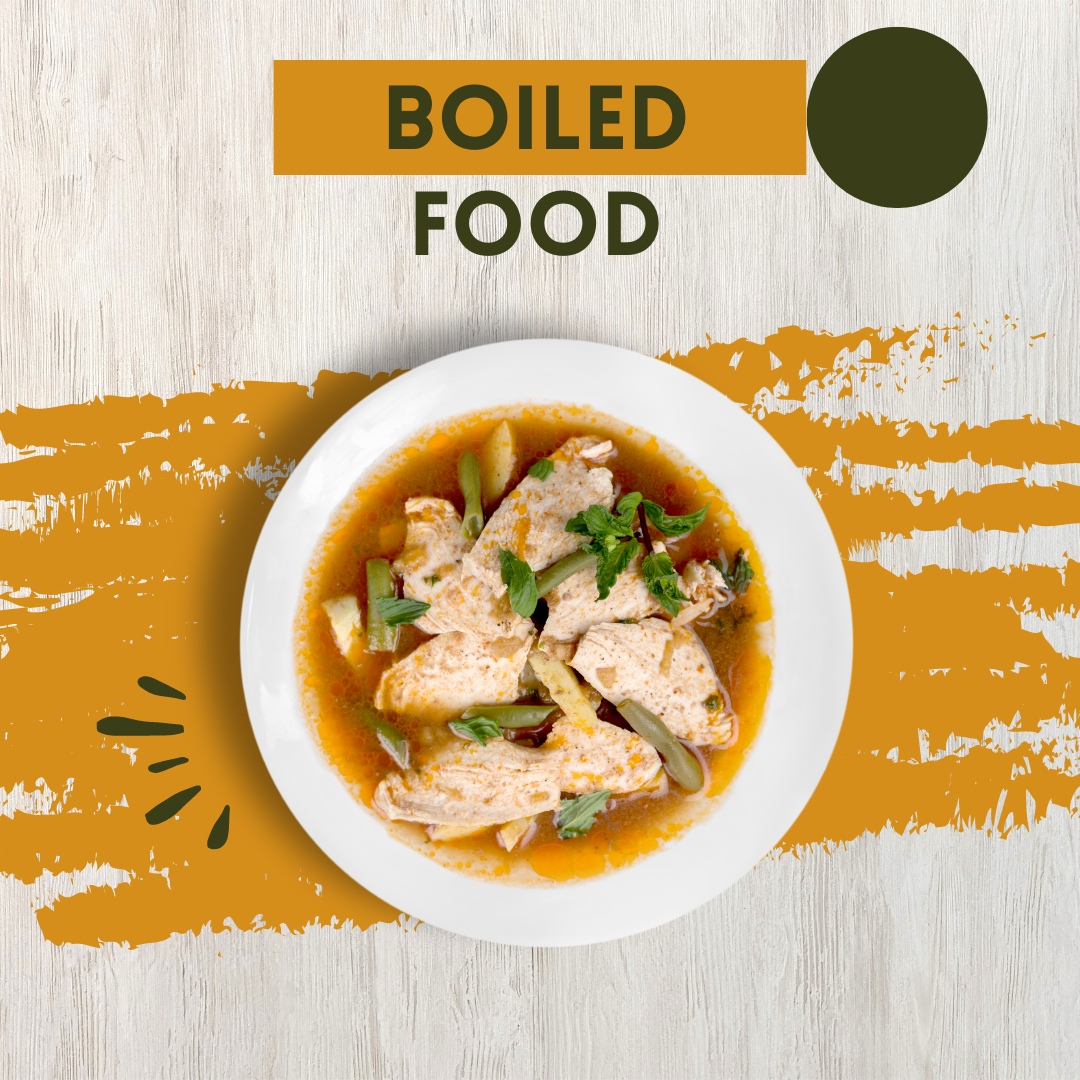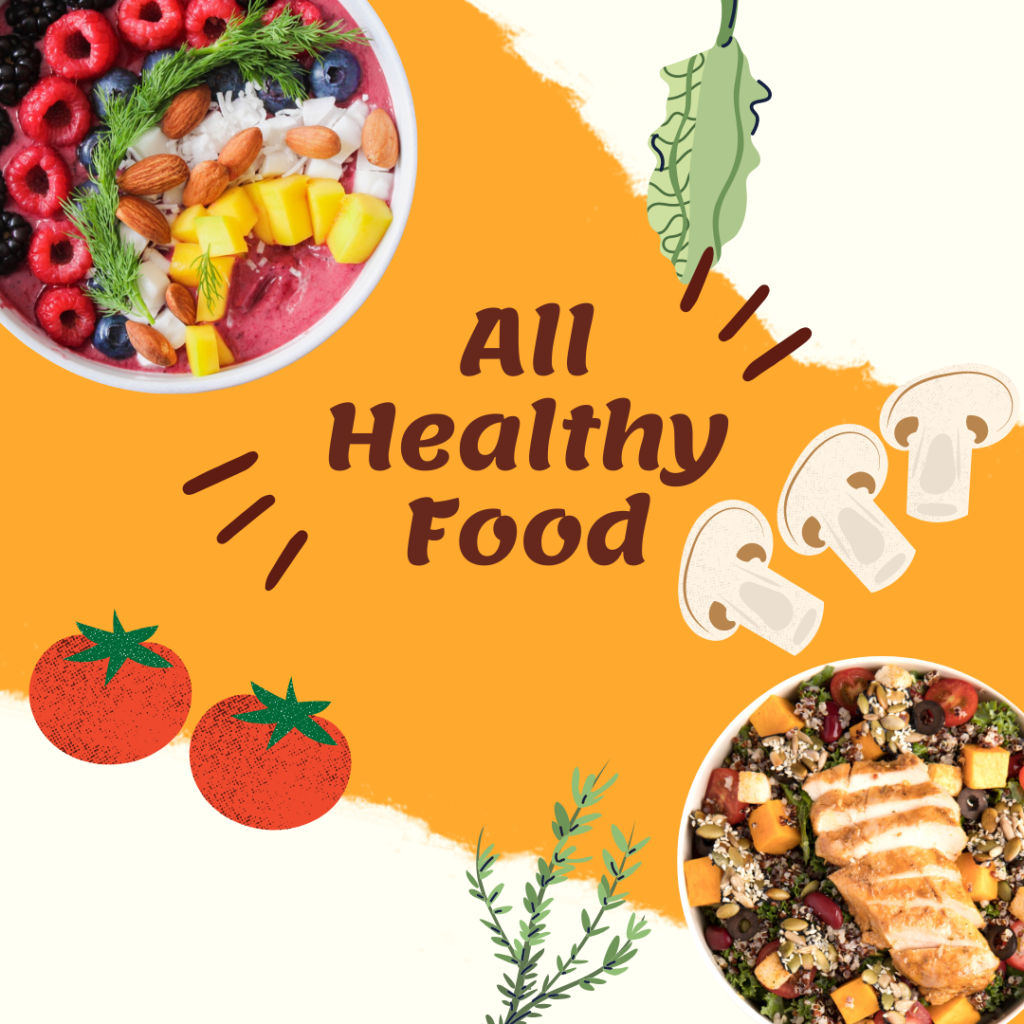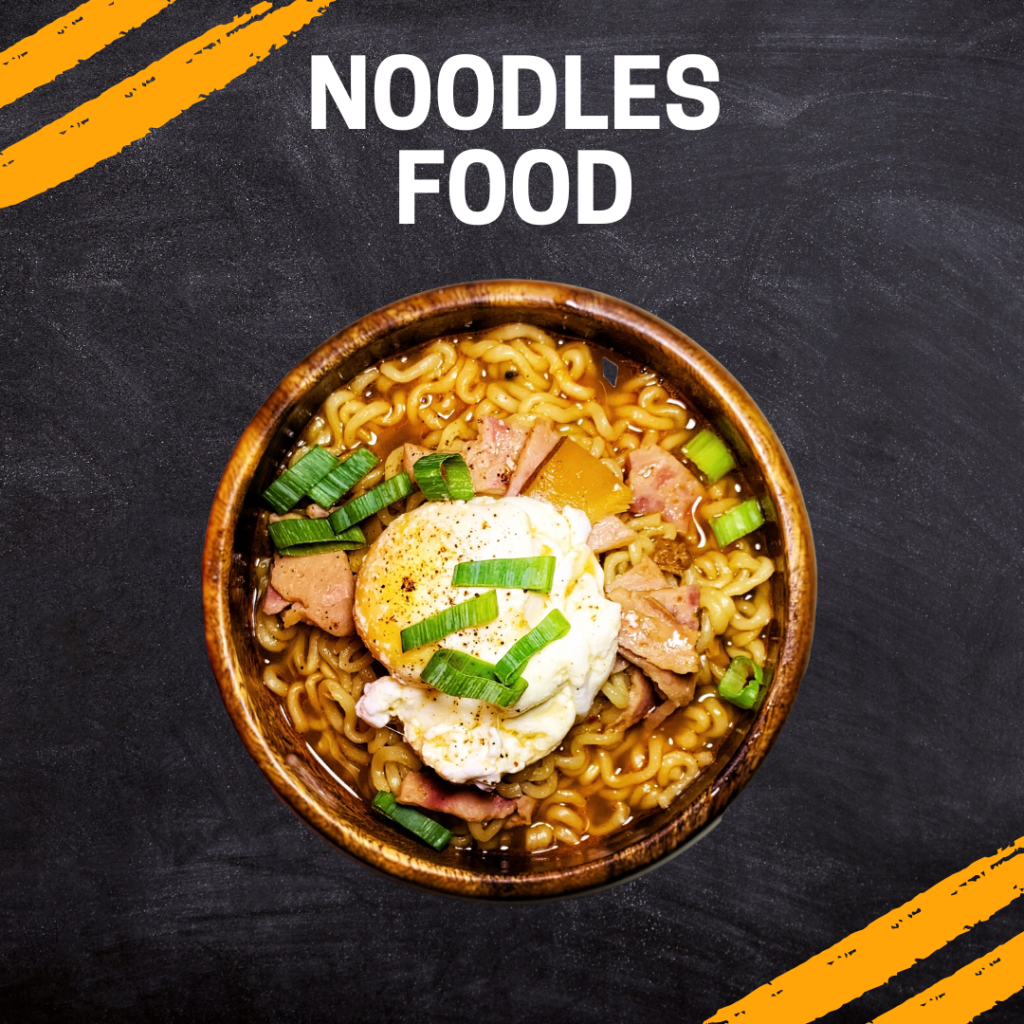Benefits of Boiled Food

In a world dominated by fast food and culinary extravaganzas, there is a simple yet highly beneficial method of food preparation that often goes overlooked – boiling. Boiling food has been a traditional cooking technique for centuries, and it continues to be a cornerstone of many cultures’ culinary traditions. In this article, we will explore the myriad benefits of boiled food, from its nutritional advantages to its ease of preparation and impact on health.
- Retains Nutritional Value
One of the most significant benefits of boiling food is its ability to retain the majority of its nutritional value. When vegetables and meats are boiled, they are cooked in their natural juices and moisture, minimizing the loss of essential vitamins and minerals. Unlike frying or grilling, which can lead to nutrient depletion, boiling ensures that your food remains packed with the goodness your body needs.

- Low in Calories
For those aiming to maintain or lose weight, boiled food is a godsend. Boiling food requires little to no additional fats or oils, making it a low-calorie cooking method. Whether you are enjoying a hearty vegetable soup or a lean protein like chicken breast, boiling allows you to savor the flavors without the added calories and saturated fats often associated with other cooking techniques.
- Improved Digestibility
Boiled food is gentle on the digestive system. The simmering process breaks down complex carbohydrates and proteins, making them easier for the body to absorb and digest. This can be especially beneficial for individuals with sensitive stomachs or digestive issues, as it reduces the risk of bloating, indigestion, and discomfort.
- Preserves Natural Flavors
When you boil food, its natural flavors are preserved and even enhanced. Unlike frying, which can mask the intrinsic taste of ingredients with excessive oils or seasonings, boiling allows you to appreciate the genuine flavors of your food. This is particularly true for vegetables, as boiling enhances their innate sweetness and freshness.
- Cost-Effective Cooking
Boiling is an incredibly cost-effective method of cooking. It requires minimal additional ingredients and equipment, making it accessible to people from all walks of life. Whether you are a college student on a budget or a family looking to stretch their grocery dollars, boiling can help you create nutritious and satisfying meals without breaking the bank.

- Reduced Risk of Overcooking
One of the challenges of cooking with certain methods like grilling or baking is the risk of overcooking, leading to dry and unappetizing dishes. With boiling, this risk is significantly reduced. The controlled, moist heat ensures that your food remains tender and juicy, making it almost foolproof for even the most novice of cooks.
- Versatility in Cooking
Boiling isn’t limited to a specific type of food; it’s incredibly versatile. From vegetables and grains to meats, pasta, and even eggs, almost any food can be boiled to perfection. This versatility opens up a world of culinary possibilities, allowing you to experiment with various ingredients, flavors, and cuisines.
- Easy Preparation
One of the standout benefits of boiled food is its simplicity in preparation. It doesn’t require advanced cooking skills or a fancy kitchen setup. All you need is a pot, water, and the ingredients of your choice. This ease of preparation makes boiled food an excellent option for busy individuals and families looking for quick and nutritious meal solutions.
- Health Benefits
Boiled food offers numerous health benefits that can contribute to your overall well-being:
a. Lower Risk of Chronic Diseases: A diet rich in boiled vegetables and lean proteins has been associated with a reduced risk of chronic diseases such as heart disease, diabetes, and certain types of cancer.
b. Weight Management: As mentioned earlier, boiled food is low in calories, making it a suitable choice for those looking to manage their weight.
c. Hydration: Boiling food often requires water, which can help you stay hydrated, especially if you consume the broth or cooking liquid.
d. Sodium Control: When boiling, you have control over the amount of salt added, helping you manage your sodium intake.
e. Reduced Fat Intake: Boiling eliminates the need for additional fats and oils, promoting a lower intake of unhealthy fats.
- Sustainable Cooking
Boiling is an eco-friendly cooking method. It conserves water and energy compared to other cooking techniques like frying or baking, which require more resources. By adopting boiling as a regular cooking method, you can contribute to a more sustainable lifestyle.
- Convenient Meal Prep
Boiled food is a meal prepper’s dream. You can batch-cook boiled vegetables, grains, and proteins to use throughout the week. This not only saves time but also ensures you have healthy, ready-to-eat ingredients on hand, making it easier to stick to your dietary goals.
- Kid-Friendly Cooking
Boiled food is often well-received by children. Its simplicity and natural flavors appeal to young palates, making it an excellent way to introduce kids to a variety of nutritious foods. Whether it’s boiled carrots, potatoes, or chicken, kids are more likely to embrace these dishes.
Conclusion
In a world where elaborate culinary creations often steal the spotlight, boiled food remains a humble hero with a plethora of benefits. From retaining nutritional value and being low in calories to aiding digestion and preserving natural flavors, boiling has much to offer. It is a versatile, cost-effective, and health-conscious cooking method that anyone can adopt. So, the next time you stand in your kitchen, pondering what to cook, consider the many advantages of boiled food and savor the simplicity and goodness it brings to your plate. Your taste buds and your health will thank you.





